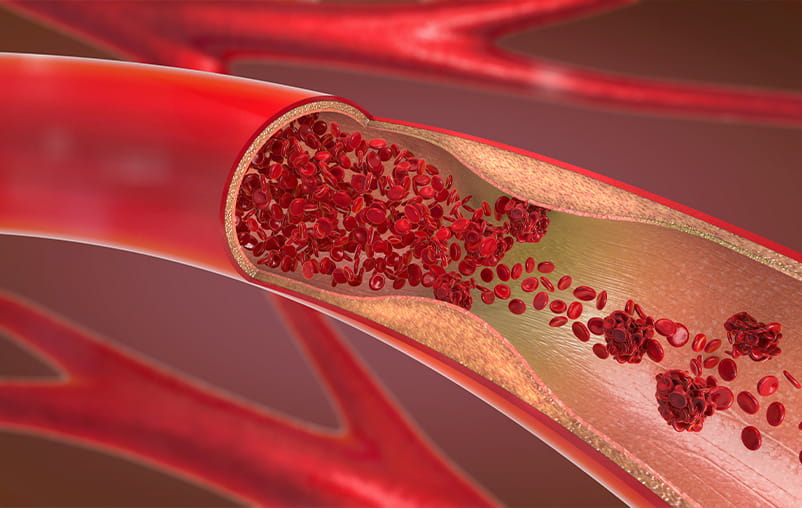There are plenty of good reasons to quit smoking, but it’s easier said than done.
About 28 million American adults smoke cigarettes regularly, and 1 in 5 deaths in America can be contributed to smoking.
About 12% of adults in Bexar County smoke, according to the Community Health Needs Assessment.
The Great American Smokeout
Each year, the American Cancer Society promotes the Great American Smokeout. This national event educates the public about the harms of smoking and encourages smokers to try to quit for at least 24 hours. Quitting for even just a day is an important first step to quitting for good.
Benefits of Quitting Smoking
Health Benefits
Smoking is a leading cause of preventable death. It contributes to health problems, including:
Quitting smoking can significantly reduce the risk of developing these conditions. Studies show that quitting smoking at any age extends life expectancy. Even after the first 20 minutes of quitting, your heart rate and blood pressure will drop. If you smoke, quitting is the single most important thing you can do for your health.
Improved Quality of Life
Smoking causes shortness of breath and impacts your sense of taste and smell. After you quit, you’ll notice improvements in these areas. Breathing easier and tasting your food are small, simple pleasures you might not have known you missed.
Financial Savings
Smoking is expensive. Assuming you smoke a pack a day, you’d spend at least $1,900 each year. If you smoke a pack a day for 50 years, that’s more than $95,000.
Quitting saves money on cigarettes and on future costs associated with smoking-related medical issues.
Protecting Others
When you smoke, you harm the people around you with secondhand smoke, which can cause:
- Heart disease
- Lung cancer
- Stroke
- Asthma
Secondhand smoke is especially harmful to developing babies and children.
Set a Quit Date
People who have support from friends and family are more likely to successfully quit smoking compared to people who don’t have a support system.
Setting a specific quit date provides a clear target and a sense of purpose. Planning ahead for the quit date helps you identify triggers, find healthy alternatives and create a support system for that day.
Resources to Help You Quit Smoking
Health Care Provider
Talk with your primary care provider about a quitting plan and treatment options tailored to your specific health needs.
1-800-QUIT-NOW
This toll-free national quitline provides free, confidential support to individuals looking to quit smoking. Trained counselors offer personalized assistance, advice and resources to help you quit. Learn more on the Centers for Disease Control and Prevention website.
Smokefree.gov
The U.S. Department of Health and Human Services created Smokefree.gov, which offers tools to help smokers quit. It offers customized quit plans, interactive resources and access to an online support group.
Smartphone Apps
Apps like "QuitNow!" and "Smoke Free" can help you quit. They track your progress and keep you motivated when you experience cravings.
Smoking Cessation at University Health
Learn more about how University Health can help you quit smoking.




